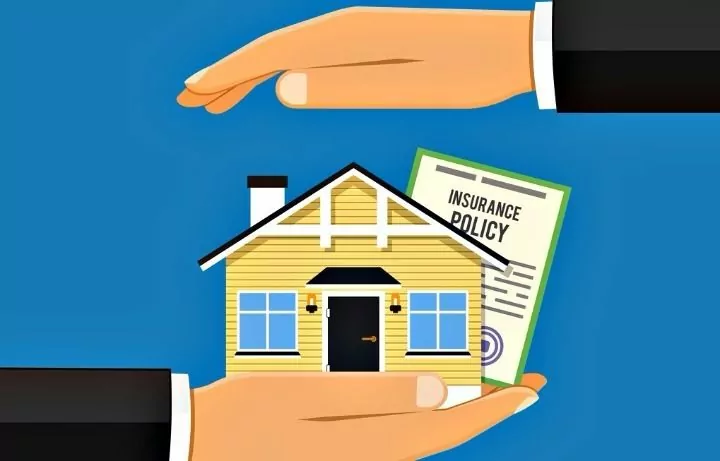Top Tips for Securing the Best Insurance Coverage on Your Rental Property
Top Tips for Securing the Best Insurance Coverage on Your Rental Property
Blog Article
As a landlord, securing the right insurance for your rental home is vital to guard your investment and assure peace of mind. Without correct protection, you may experience financial difficulties if unexpected activities like accidents, damage, or liability states occur. Here's an instant guide to knowledge and Getting Insured On Your Rental Property.
1. Landlord Insurance vs. Tenants Insurance
Landlord insurance (also named hire home insurance) is distinctive from renters insurance, which shields tenants' particular belongings. Landlord insurance typically covers:
House injury: Defense for the bodily structure of the home, including injury from fireplace, storms, or vandalism.
Liability insurance: Protection when someone is hurt on the property or if you're found legitimately in charge of damages.
Lack of hire revenue: If the house becomes uninhabitable as a result of covered injuries, this coverage compensates you for missing rent.
Visitors insurance, on another hand, addresses tenants'particular belongings and responsibility for incidents that occur within their rented space, but it's perhaps not your duty to offer it.

2. What's Protected Under Landlord Insurance?
When searching for landlord insurance, it's important to know the forms of coverage offered:
Home Insurance: That covers the framework and any property attached with it, like appliances and integrated fixtures.
Responsibility Protection: If your tenant or visitor is wounded on your own property, this insurance assists protect medical prices and legitimate fees.
Additional Living Costs: If the house becomes uninhabitable because of covered loss, this insurance assists with the cost of substitute housing for tenants.
Elective Add-ons: Contemplate adding flooding, earthquake, or lease reduction coverage if your home is in a high-risk area.
3. Determining Protection Wants
The total amount of coverage you need is dependent upon the value of one's home, site, and any potential risks. For instance:
Value of the property: Make sure that the dwelling coverage total is adequate to fix or repair the home if necessary.
Location dangers: If your home is in an area susceptible to floods or earthquakes, you might want to incorporate these specific coverages.
Home management: In the event that you hire a property supervisor, determine if they have insurance or if you need additional coverage for his or her actions.
4. Choosing the Proper Provider
Shop around to find the best insurance provider for the needs. Try to find insurers that focus in hire attributes, while they will be more familiar with the dangers and unique needs involved. Contemplate the following:
Customer support and claims process: Select a business noted for easy-to-work-with customer care and a hassle-free states process.
Discounts and deals: Several insurers provide discounts for bundling numerous qualities and for having protection features like alarm systems.
5. Frequent Mistakes to Prevent
Underinsuring your property: Ensure your protection restricts reveal the true value of one's property and possible restoration costs.
Ignoring tenant protection: While your landlord policy addresses the design, renters insurance is advisable to protect tenants' belongings. You may even wish to require tenants to have their very own insurance.
Not researching your plan frequently: As the value of your property improvements or your area undergoes shifts in risk (like new construction or temperature patterns), make sure your insurance is around date.

Realization
Getting covered in your hire home isn't just about protecting the developing it self; it's about ensuring that equally you and your tenants are safeguarded against unexpected situations. Knowledge your insurance needs and choosing the right policy can help you control your hire house with full confidence and prevent expensive problems down the line. Report this page